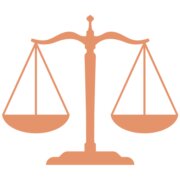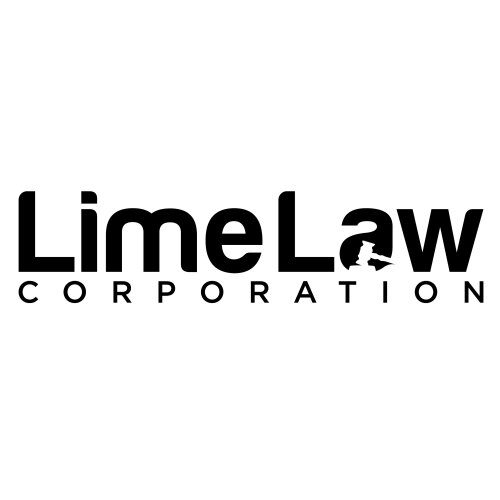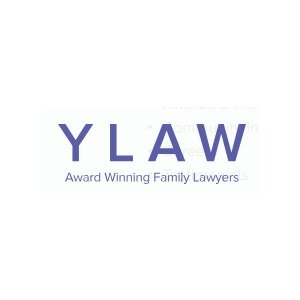Best Permanent Residency Lawyers in Canada
Share your needs with us, get contacted by law firms.
Free. Takes 2 min.
Or refine your search by selecting a city:
List of the best lawyers in Canada
About Permanent Residency Law in Canada
Permanent Residency (PR) in Canada grants individuals the right to live, work, and study anywhere in the country. As a permanent resident, you are entitled to most of the social benefits accorded to Canadian citizens, including health care coverage. However, being a PR does not provide citizens’ rights, such as voting in elections. Achieving permanent residency often involves evaluating eligibility for various immigration programs, satisfying specific criteria, and maintaining your status by adhering to residency obligations. Understanding the laws and processes involved in obtaining and maintaining PR is essential for applicants and current residents.
Why You May Need a Lawyer
While the application process for permanent residency in Canada can sometimes be straightforward, various situations may require legal assistance. For instance, individuals might need help with complex cases, determining eligibility for specific immigration pathways, or addressing concerns around inadmissibility due to health or criminal background issues. Additionally, changes in personal circumstances, such as marriage, divorce, or adoption, might affect your PR application or status. A lawyer can provide guidance on maintaining your PR status, especially if you're planning extended periods outside of Canada.
Local Laws Overview
Several key laws and regulations govern permanent residency in Canada. The primary legal instrument is the Immigration and Refugee Protection Act (IRPA), which outlines the requirements and processes for obtaining PR. Additionally, Canada offers various pathways to permanent residency, including economic immigration programs like Express Entry, family sponsorship programs, and humanitarian and refugee protection programs. Each pathway has specific eligibility criteria that applicants must meet. Residents must also comply with residency obligations, such as residing in Canada for at least 730 days within a five-year period, to maintain their status.
Frequently Asked Questions
What is the difference between permanent residency and citizenship in Canada?
Permanent residents have the right to live and work in Canada indefinitely, whereas citizens have additional rights, such as the ability to vote and travel with a Canadian passport. Citizens are not subject to residency obligations to maintain their status.
How long does it take to become a permanent resident in Canada?
The processing time for PR applications varies depending on the immigration program, individual circumstances, and current backlogs. For example, Express Entry can take from six months, whereas other programs might take longer.
Can a permanent resident in Canada lose their status?
Yes, a PR can lose their status if they fail to meet residency obligations, are found inadmissible on grounds such as criminality or security, or voluntarily renounce their status.
Can permanent residents sponsor family members in Canada?
Yes, permanent residents can sponsor certain relatives, including spouses, children, parents, and grandparents, to come to Canada as PR under family sponsorship programs.
What are the residency obligations for maintaining permanent residency in Canada?
Permanent residents must live in Canada for at least 730 days during the last five years to comply with residency obligations and maintain their status.
How can one apply for permanent residency in Canada?
Application processes vary depending on the immigration program. Most economic immigrants apply through Express Entry, while others might use provincial nomination programs or family sponsorships.
What is Express Entry, and is it the only way to apply for PR?
Express Entry is an online system used to manage applications for economic migration. It is one of several pathways to PR alongside options such as family class, humanitarian programs, and provincial nominee programs.
Are there fees associated with applying for permanent residency?
Yes, there are processing fees for applying for PR, which may vary based on the type of application. It's important to check the latest fee schedule from official sources.
What are the language requirements for PR applications?
Most PR applicants need to prove their proficiency in English or French, Canada's official languages. This often involves taking approved language tests and meeting the required Canadian Language Benchmark (CLB) levels.
Is it necessary to hire a lawyer for a PR application?
While it's not mandatory to hire a lawyer, legal assistance can be beneficial in navigating complex cases, ensuring accurate documentation, and understanding applicable laws and regulations.
Additional Resources
For further guidance, consider accessing resources from organizations such as the Immigration, Refugees and Citizenship Canada (IRCC), provincial immigration offices, and immigrant-serving agencies. The Canadian Bar Association and settlement organizations can also provide valuable information and support for navigating the PR process.
Next Steps
If you believe you need legal assistance for a PR application, it's essential to research and consult with qualified immigration lawyers or consultants. Consider scheduling consultations to discuss your circumstances, gather required documents, and fully understand the legal implications of the process. Starting early and staying informed is crucial for a successful permanent residency journey in Canada.
Lawzana helps you find the best lawyers and law firms in Canada through a curated and pre-screened list of qualified legal professionals. Our platform offers rankings and detailed profiles of attorneys and law firms, allowing you to compare based on practice areas, including Permanent Residency, experience, and client feedback.
Each profile includes a description of the firm's areas of practice, client reviews, team members and partners, year of establishment, spoken languages, office locations, contact information, social media presence, and any published articles or resources. Most firms on our platform speak English and are experienced in both local and international legal matters.
Get a quote from top-rated law firms in Canada — quickly, securely, and without unnecessary hassle.
Disclaimer:
The information provided on this page is for general informational purposes only and does not constitute legal advice. While we strive to ensure the accuracy and relevance of the content, legal information may change over time, and interpretations of the law can vary. You should always consult with a qualified legal professional for advice specific to your situation.
We disclaim all liability for actions taken or not taken based on the content of this page. If you believe any information is incorrect or outdated, please contact us, and we will review and update it where appropriate.
Browse permanent residency law firms by city in Canada
Refine your search by selecting a city.

















